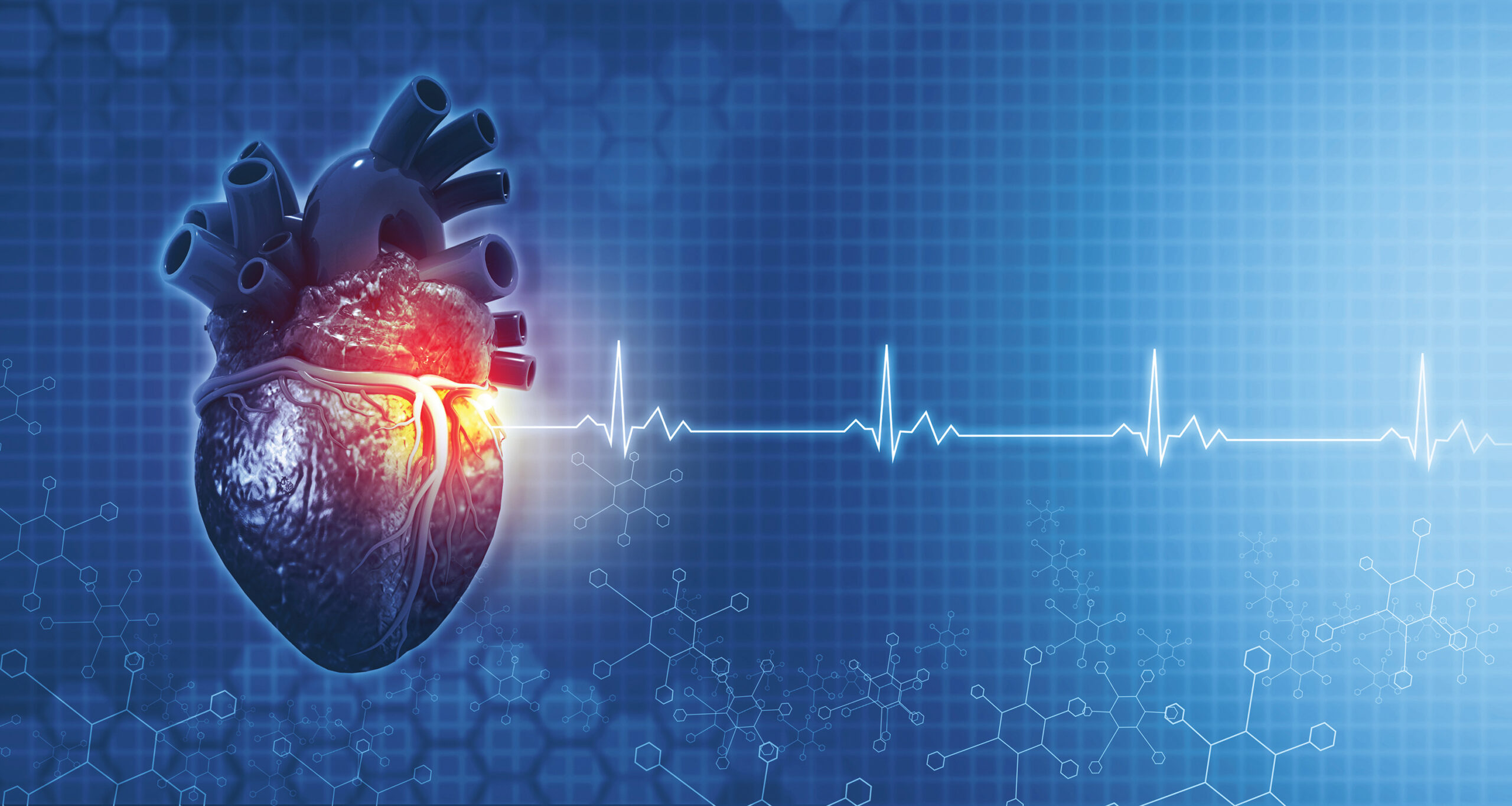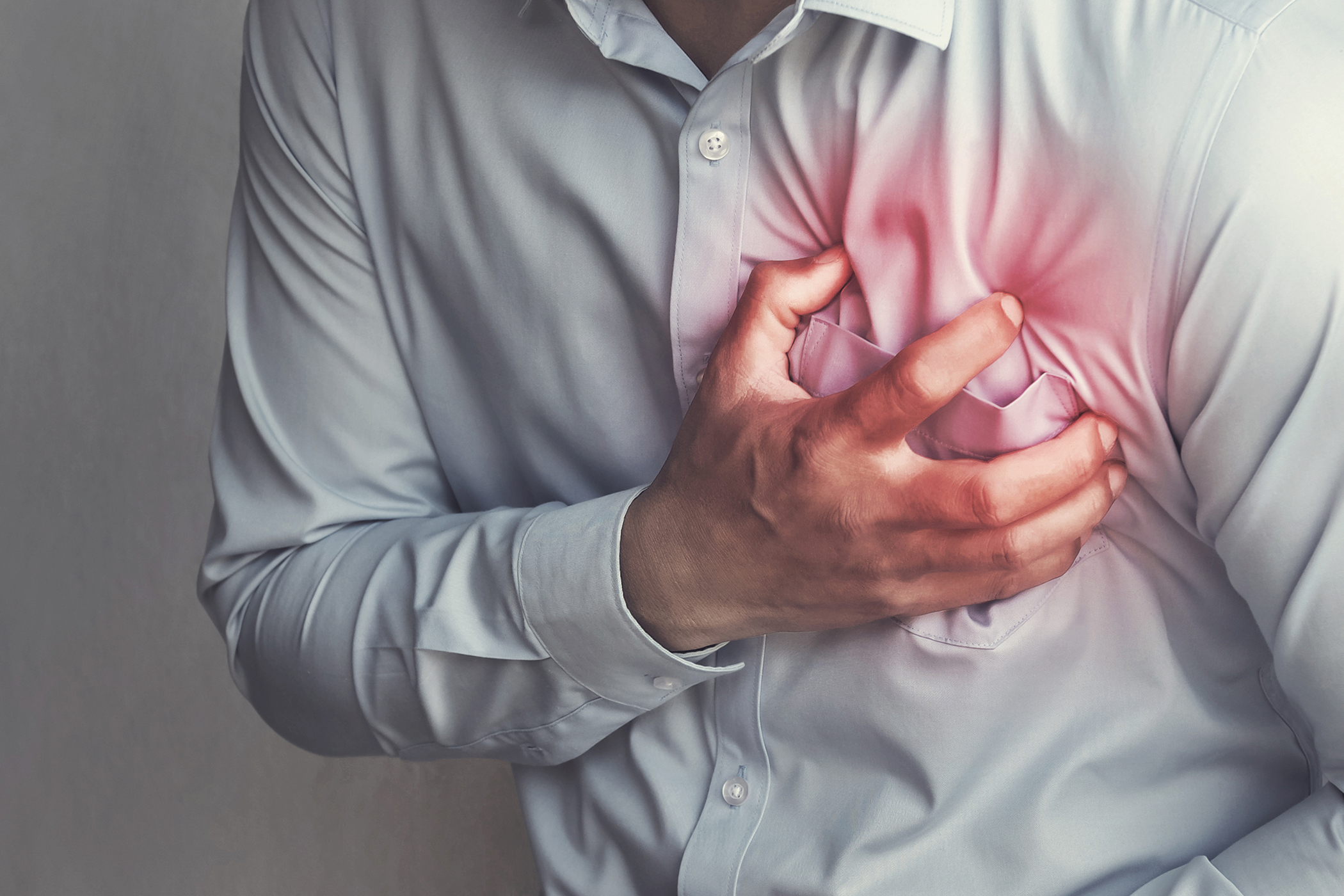
Health News
Features
-
Good for the Heart
Heart Walk Participants Explain Why Event Is So Rewarding by TERESA SCHIFFER According to the Centers for Disease Control and Prevention (CDC), heart disease is the leading cause of death for men, women, and people of most ethnic and racial groups in the U.S., being responsible for one out of every four deaths, or approximately…
-
Convenient Care
Winter Haven Doctor Offers TAVR Treatment That Once Required Travel by TERESA SCHIFFER For patients suffering from aortic valve stenosis, there used to be little to nothing that could be done to restore heart health. As little as two decades ago, high-risk patients who experienced this narrowing of the aortic valve opening faced a very…
-
POP QUIZ: Chest Pain: What Is Your Body Telling You?
Did you know that of the millions of Americans who visit the emergency room with chest every year, only 20 percent are actually diagnosed with a heart attack or other serious heart condition—like unstable angina—and the other 80 percent are suffering with something different? While some instances of chest pain that are unrelated to a…
Columns
-
Halloween Eye Safety
Knock knock…trick or treat… A lot of your neighbors might be tempted to choose trick over treat during COVID Halloween 2020. If you plan to partake in the Halloween festivities of 2020, please do so with a clear vision of safety. The following are some of my pointers to observe good Halloween safety. If you…
-
A Closer Look at Cryptogenic Stroke
A cryptogenic stroke (CS) is defined as cerebral ischemia of obscure or unknown origin. The cause of CS remains undetermined because the event is transitory or reversible, investigations did not look for all possible causes, or because some causes truly remain unknown. One third of the ischemic strokes are cryptogenic. Cryptogenic stroke is a diagnosis…
-
HOW DID I GET THIS STYE?
Medically a stye is called a hordeolum. If we look at the eyelid’s anatomy, particularly the lid margin, you will find the lashes, and beside the lashes is the opening of our Meibomian glands. The Meibomian glands are the hard embedded plates that you can feel in both the upper and lower lids. The Meibomian…





